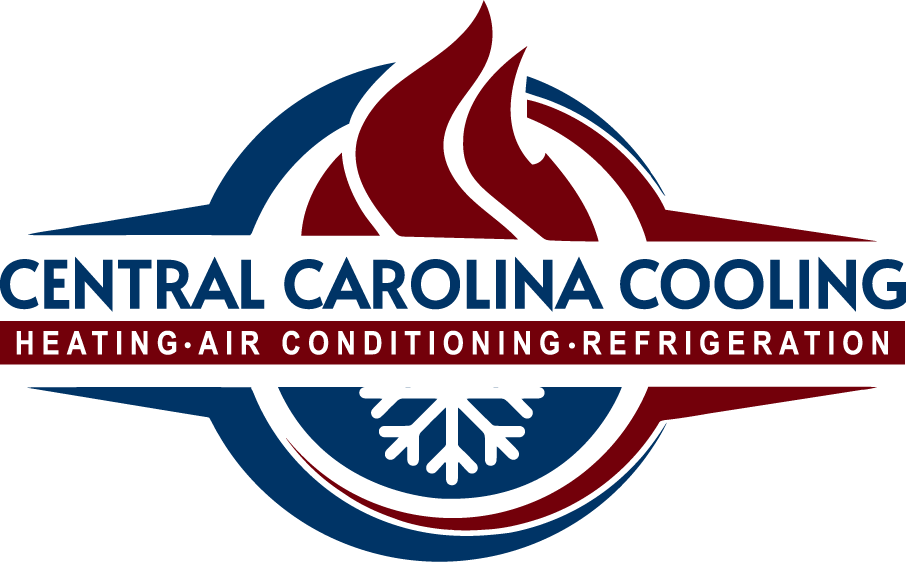Frequently Asked Questions
Below are some of the most common questions that our customers ask us. We believe it is important for you to have all the knowledge you need so that you can feel confident in your decisions! We are here to explain, make knowledgable suggestions, and guide you to the best fix for you and your budget. Click each question to read the answer.
+ What is the SEER Rating?
The SEER (seasonal energy efficiency ratio) is how the efficiency of your heating and cooling equipment is measured. The SEER is the amount of cooling your system will deliver per dollar spent on electricity, as compared to other systems. For example, a 3-ton unit may have a SEER efficiency rating of 13, 14, or 15. The higher the SEER the more efficient the system will be. The SEER rating of any given unit can range anywhere from 13 to 21.
+ Why should I have regular (or preventive) maintenance? And how often should I have it performed?
Your heating and cooling systems work incredibly hard to perform their functions for your home every day. The constant stopping, starting and continual operation can wear down any machine if the proper care and maintenance is delayed. However, by performing regular maintenance, you can maximize the lifecycle of your heating or cooling unit and guard against many common equipment failures. Preventive maintenance inspections performed on a regular basis can uncover leaks, rust, rot, soot, frayed wires and corroded electrical contacts. You should have maintenance completed on your system regularly to ensure maximum efficiency and prevent possible problems that may occur in the near future.
+ What equipment requires regular (or preventive) maintenance?
Heat pumps and air conditioners require a professional tune-up twice a year; in the spring and fall. Inspections on boiler and furnace systems should include ductwork, pipes, dampers, valves, the chimney, registers, radiators, pumps, blowers, fuel lines, oil tank and every part of the actual furnace and boiler. Meanwhile, heat pump and air conditioning unit inspections should also include inspections of the fan, compressor, indoor coils, outdoor coils, and refrigerant lines.
+ What are the advantages of a programmable thermostat?
Since they are electronic, programmable thermostats are more accurate and efficient than thermostats that contain mercury. With programmable thermostats you can control the temperature in your home at different times of day without ever touching your thermostat. Because everything is automatic, you will never forget to change the setting on your own.
+ What type of filter should I use? And how often should I replace it?
Standard filters work to keep your system and its ductwork clean, but they don’t really improve indoor air quality. To do that you need a media air cleaner. The media filter rests between the main return duct and the blower cabinet and will improve dust and particle removal up to seven times that of a standard filter. However, upgrading to a pleated media filter will remove everything from dust to airborne viruses from the filtered air. Always choose a filter that matches your blower’s capacity. For optimal efficiency and filtration, we recommend that you replace your disposable filters at least once a month. If you have washable filters, they should be cleaned once a month.
+ Which equipment will best fit my home?
There are many factors that affect the sizing and specifications of your system, including square footage, insulation, window surface and configuration, geographic location of your home, duct sizing and arrangement, and many others. Depending upon the construction of your home, one (1) ton of air conditioning can cool anywhere from 300 to 800 square feet of home. The only way to ensure the size of the system you purchase will be large enough to heat or cool your home, but not any larger than you need, is to have your home’s individual heating and cooling needs evaluated by Central Carolina Cooling.
+ What is the life expectancy of my unit?
For your specific equipment, there are many variables that affect life expectancy, including, of course, the regularity of routine maintenance.

